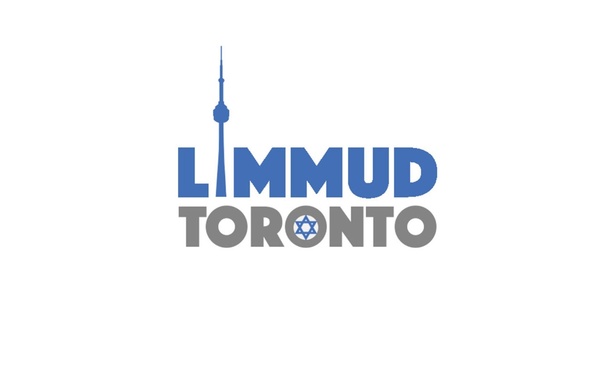After years of fits and starts, one of the hottest brands in global Jewish education is gaining traction in Toronto with conferences in back-to-back years.
“There’s definitely been an appetite,” said Alana Kayfetz, co-chair of Limmud Toronto. “Last year’s conference whetted the appetite of Torontonians to take ownership and step up to create an authentic, unique Toronto Limmud. It has snowballed a little bit. Last year was a skeletal volunteer team, this year is a very robust volunteer team.”
Limmud 2016 will take place March 6 at the Sun Life Financial Tower on King Stret West, with capacity for 800 people. Sessions will tackle topics related to Israel, local Jewish ethnography, Bible and Jewish thought.
READ: WHAT WE MUST REBUILD BEFORE BUILDING A JEWISH MUSEUM
“You’ll see an expansive conversation,” Kayfetz said, “ranging from the Jewish response to the Syrian refugee crisis to Jay Michaelson, a global LGBTQ thought leader. We deal with everything. There really isn’t a lot that hasn’t been upturned. There’s something for virtually everyone.
“The challenge we gave to our programming team was that when people make their schedule for the day, they should have a tough time deciding where to go. There should be multiple things that each person will find interesting every hour on the hour.”
Founded in 2004 by U.K.-expat Peter Sevitt, Limmud Toronto was initially slated to run every two years. But after conferences in 2007 and 2009, the event flagged. In 2014, a new leadership team revived it and planned last year’s program.
Among the changes this year are enhanced children’s programming – “not babysitting,” Kayfetz said, but “real Jewish content” – that includes Purim mask-making, team games and a Jewish magic show. Tickets are heavily discounted at $5.
In addition to praise for their programming, Limmuds worldwide have also drawn applause for their grassroots diversity.
“What makes Limmud so special is what happens in the hallways,” Kayfetz said. “You could in essence be in riveting programs all day, anything from krav maga to Jewish comedy. But you can also just take a breath of fresh air and engage with someone in the hallway. It’s a really unique community-building, networking opportunity.”
The roughly 80 Limmuds around the world generally feature a Shabbaton-type atmosphere. Often set outside the city, the multi-day festivals encourage informal bonding alongside scheduled discussions.
Organizers hope Toronto will eventually embrace the idea of a “residential” event where people stay for the weekend. In the meantime, in what they believe is a Limmud first, they’ve created Limmud Café to fill the void.
“It gives people the opportunity to have a candid conversation with a variety of presenters. For example, Sara Ivry, the editor of Tablet: you could book in a 15-minute coffee date with her, and there could be six other people at the coffee date. It’s like unplugged – a very candid conversation with people who have interesting things to talk about.”
Limmud’s diversity does have limits, Kayfetz acknowledged.
“If we had someone in a shtreiml present, we would be totally jazzed about that,” she said. “From what I can tell, that’s just not the reality. One may argue that at the end of the day, people who are really, really frum might not see anything in Limmud that mattered to them, and perhaps Limmud is more for people who are disengaged with Judaism and haven’t really been involved at all, and maybe this is an entryway of outreach on topics that are interesting to anyone.”
READ: FINDING STRENGTH THROUGH LEADERSHIP
Still, last year she saw Jews from all denominations, from Reconstructionist to modern Orthodox. “Someone remarked last year that they had never seen so many people with a kippah.”
The organization is famed for its do-it-yourself ethos. With no paid staff, its success depends on a core team of around 40 volunteers. Seventy additional volunteer spots are available. “I’ve never had the opportunity to work with a more diverse group of people,” said Kayfetz, who is also director of Genesis, at UJA Federation of Greater Toronto’s Centre for Jewish Innovation.
“That sort of ingathering of Jews from every walk of life makes it very special, and I think because it’s completely volunteer led, there’s that level of passion and leadership and dedication that comes from everyday people that you wouldn’t normally see.”
